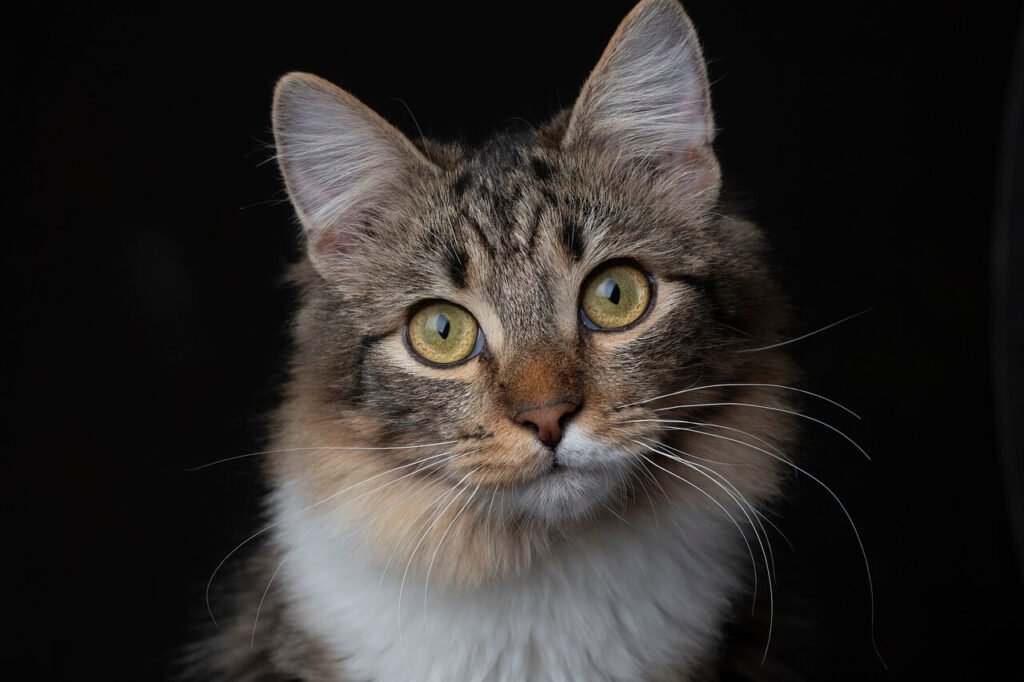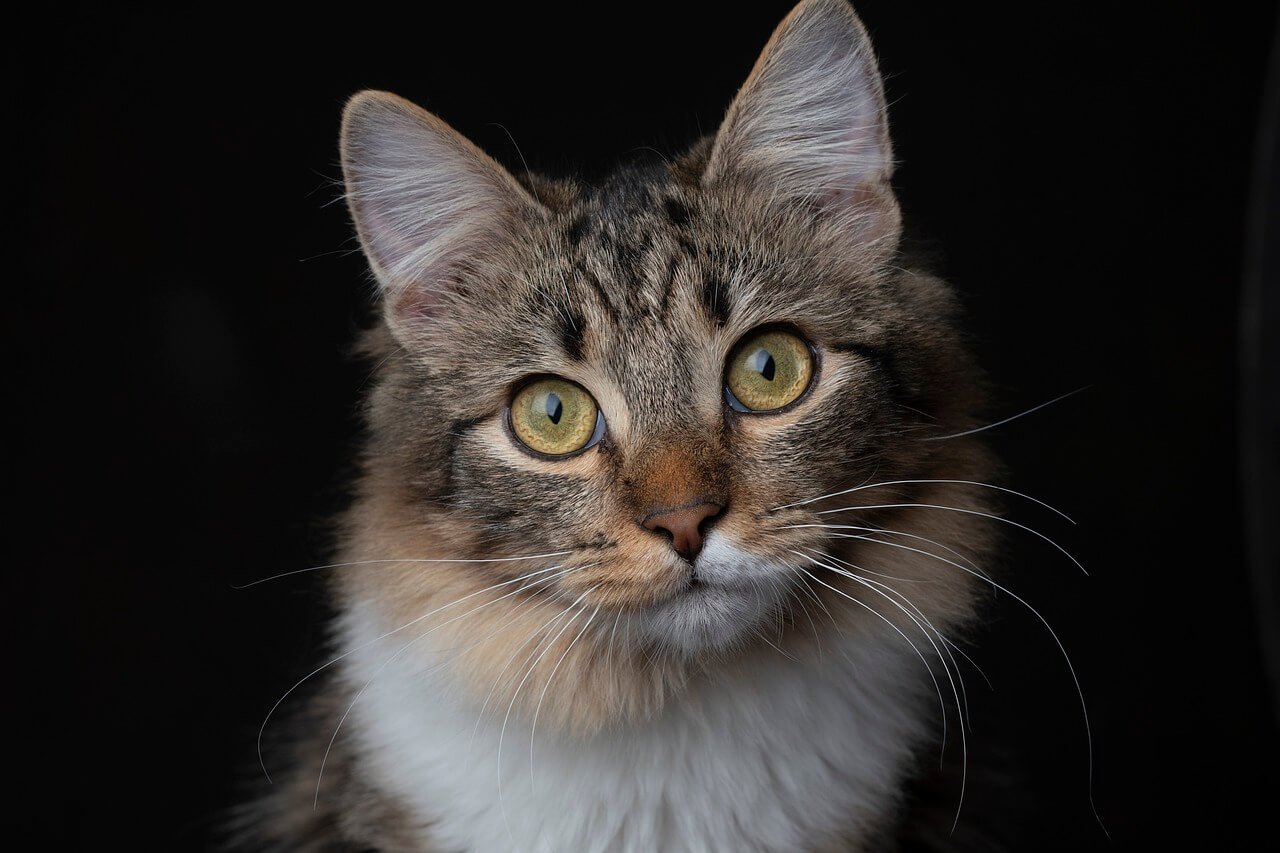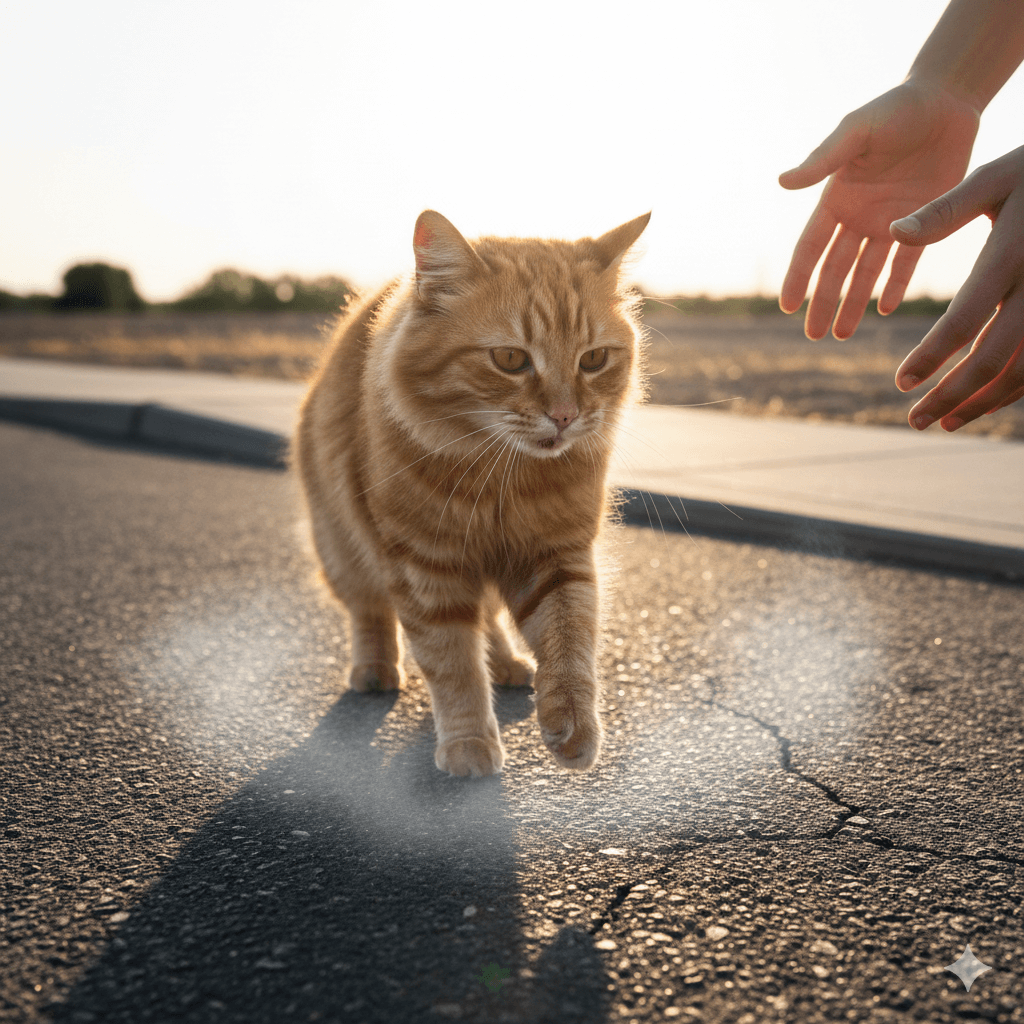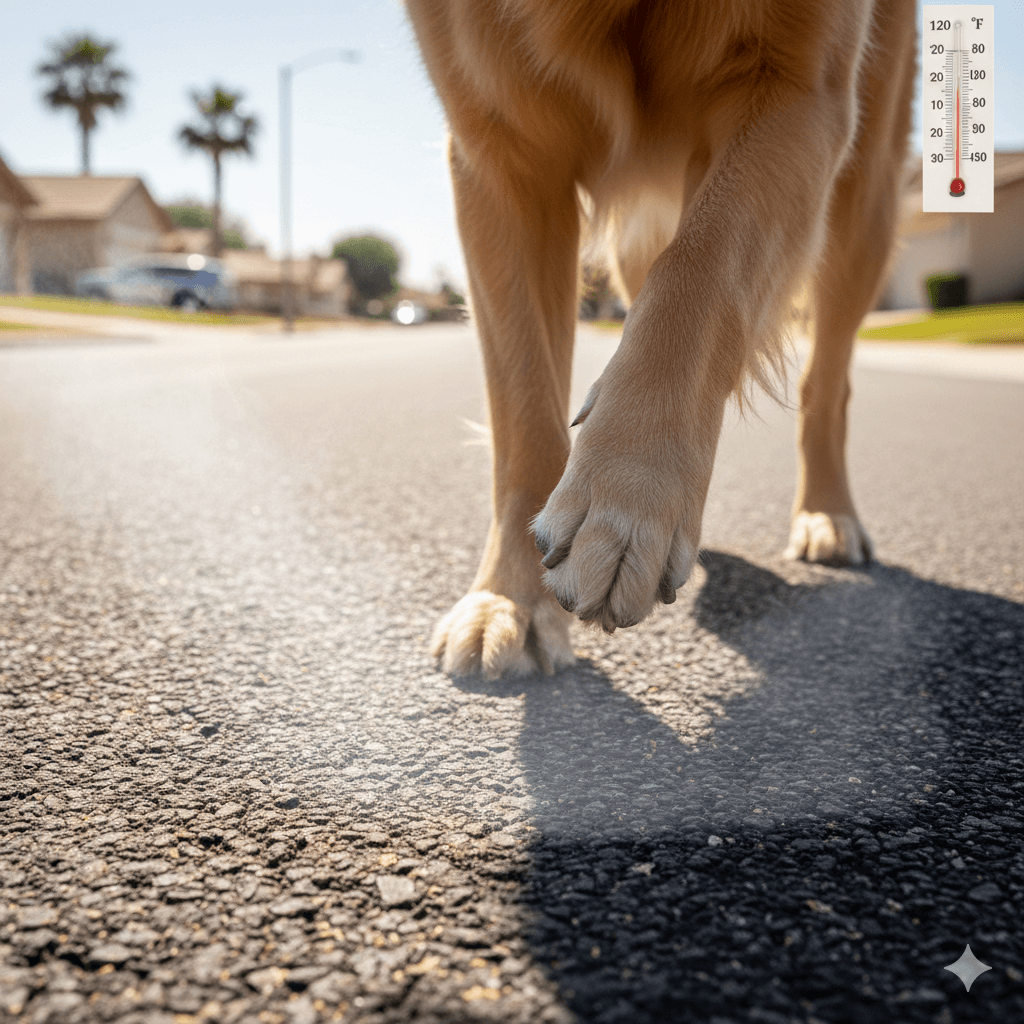Understanding Your Cats Resting Heart Rate
As a devoted cat owner, you’ve likely wondered about the subtle signs of your feline friend’s health. One key indicator is their resting heart rate—a vital measurement that reflects their overall well-being. While cats are masters at hiding discomfort, monitoring their heart rate can provide valuable insights into their cardiovascular health. But what exactly is a normal resting heart rate for cats? And how can you measure it accurately? In this guide, we’ll explore everything you need to know about your cat’s heart rate, from understanding the numbers to recognizing potential issues. Let’s dive in and ensure your furry companion stays happy and healthy!
What Is a Normal Resting Heart Rate for Cats?
A cat’s resting heart rate can vary depending on factors like age, breed, and overall health. Understanding the range of normal values is essential for identifying any abnormalities. Here’s what you need to know:
Typical Range:
A healthy cat’s resting heart rate typically falls between 120 and 140 beats per minute. However, some cats may have rates slightly above or below this range.Kittens vs. Adult Cats:
Kittens generally have faster heart rates, often ranging from 160 to 200 beats per minute, as their bodies are still developing.Breed Differences:
Certain breeds, such as Siamese or Maine Coons, may have slightly different heart rates due to their unique physiology.Activity Levels:
Cats that are more active during the day may have slightly elevated heart rates compared to those who prefer lounging.Health Conditions:
Underlying health issues, such as heart disease or hyperthyroidism, can cause abnormal heart rates. Regular vet check-ups are crucial for early detection.
Knowing these variations helps you better interpret your cat’s heart rate and recognize when something might be amiss.
How to Measure Your Cat’s Resting Heart Rate
Measuring your cat’s heart rate at home is easier than you might think. With a little patience and practice, you can monitor this important health metric regularly. Follow these steps:
Find a Quiet Space:
Choose a calm environment where your cat feels relaxed. Avoid distractions to ensure accurate readings.Use Your Fingers:
Gently place two fingers on the inside of your cat’s thigh near the groin to feel the femoral pulse. Alternatively, place your hand lightly on their chest.Count the Beats:
Use a timer to count the number of beats for 15 seconds, then multiply by four to calculate beats per minute.Observe Breathing Patterns:
Pay attention to your cat’s breathing rhythm, as it can influence heart rate. Rapid or labored breathing may indicate stress or illness.Repeat Measurements:
Take multiple readings over several days to establish a baseline and identify any consistent irregularities.
Regularly measuring your cat’s heart rate empowers you to stay proactive about their health and detect potential concerns early.
Check this guide 👉Understanding Your Cats Heart Rate: Best 7 Expert Tips!
Check this guide 👉Cat Normal Vitals: Best 7 Health Tips!

Factors Affecting Heart Rate | Signs of Abnormal Heart Rate |
|---|---|
Age (kittens vs. adults) | Excessive panting or lethargy |
Breed differences | Weakness or collapse |
Activity level | Loss of appetite |
Stress or anxiety | Pale gums or rapid breathing |
Underlying health conditions | Irregular or skipped heartbeats |
Common Causes of Abnormal Heart Rates in Cats
An irregular heart rate in cats can stem from various causes, ranging from temporary stress to serious medical conditions. Identifying the root cause is critical for proper care.
Stress or Anxiety:
Changes in routine, loud noises, or unfamiliar environments can temporarily elevate your cat’s heart rate.Dehydration:
Lack of adequate water intake can impact circulation and lead to an abnormal heart rate.Heart Disease:
Conditions like hypertrophic cardiomyopathy can disrupt normal heart function and require veterinary intervention.Hyperthyroidism:
An overactive thyroid gland often results in increased heart rate and should be addressed promptly.Infections or Fever:
Illnesses that cause fever or systemic inflammation may also affect heart rate.
Understanding these potential causes allows you to take appropriate action and seek professional help when needed.
Tips for Maintaining a Healthy Heart Rate in Cats
Promoting cardiovascular health in your cat involves a combination of lifestyle adjustments and preventive care. Here are some practical tips:
Provide a Balanced Diet:
Feed your cat high-quality food rich in essential nutrients to support heart health.Encourage Physical Activity:
Engage your cat in regular play sessions to keep them active and maintain a healthy weight.Minimize Stress:
Create a peaceful home environment and provide safe spaces for your cat to retreat.Schedule Regular Vet Visits:
Routine check-ups help detect early signs of heart issues or other health problems.Monitor Weight Changes:
Sudden weight gain or loss can strain the heart, so track your cat’s weight consistently.
By incorporating these habits into your cat’s daily life, you can help ensure their heart remains strong and healthy.
Signs Your Cat’s Heart Rate May Be Abnormal
While cats are experts at masking discomfort, certain behaviors or physical signs can indicate an irregular heart rate. Being observant allows you to act quickly if something seems off.
Excessive Panting:
Cats rarely pant unless they’re stressed, overheated, or experiencing cardiovascular strain. Monitor your cat closely if this occurs.Lethargy or Weakness:
A noticeable drop in energy levels or difficulty moving may signal a heart-related issue.Pale Gums:
Pale or bluish gums can indicate poor circulation or oxygen deprivation, often linked to heart problems.Fainting Episodes:
If your cat collapses or faints, it could be due to an abnormal heart rhythm requiring immediate attention.Rapid Breathing Without Exertion:
Labored or fast breathing when your cat is resting may point to underlying heart or lung issues.
By recognizing these signs early, you can seek veterinary care promptly and address potential concerns before they worsen.
How Stress Impacts Your Cat’s Heart Rate
Stress can significantly affect your cat’s heart rate, making it essential to create a calm and supportive environment. Understanding stress triggers helps you minimize their impact on your cat’s health.
Environmental Changes:
Moving homes, introducing new pets, or rearranging furniture can cause stress-induced spikes in heart rate.Loud Noises:
Thunderstorms, fireworks, or construction sounds may lead to anxiety and elevated heart rates.Unfamiliar People:
Guests or strangers in the house can make your cat feel uneasy, affecting their heart rhythm.Travel or Vet Visits:
Car rides or trips to the vet often cause temporary stress, which can raise heart rate.Loneliness or Boredom:
Lack of mental stimulation or companionship can lead to chronic stress over time.
Managing stress effectively ensures your cat remains relaxed and their heart rate stays within a healthy range.
Fun Ways to Keep Your Cat’s Heart Healthy
Incorporating fun activities into your cat’s routine not only strengthens their bond with you but also promotes cardiovascular health. Engaging your cat in play supports their physical and emotional well-being.
Interactive Toys:
Feather wands, laser pointers, or puzzle feeders encourage movement and mental stimulation.Chase Games:
Rolling balls or tossing soft toys can get your cat running and jumping, boosting their heart rate safely.Climbing Structures:
Cat trees or shelves provide opportunities for climbing and exploring, keeping them active.Scheduled Playtime:
Dedicate 10–15 minutes daily to focused play sessions to maintain consistent exercise habits.Reward-Based Training:
Teach tricks or commands using treats to engage their mind while incorporating light physical activity.
By making playtime a priority, you not only enhance your cat’s heart health but also enrich their life with joy and excitement.
Frequently Asked Questions About Cat Resting Heart Rate
What is considered a dangerously low heart rate for cats?
A resting heart rate below 100 beats per minute may indicate bradycardia and requires immediate veterinary attention.
Can I use a stethoscope to measure my cat’s heart rate?
Yes, a stethoscope can provide accurate readings if used correctly. Place it on the left side of your cat’s chest for best results.
Why does my cat’s heart rate increase after playing?
Physical activity naturally raises heart rate temporarily; it should return to normal within a few minutes.
How do I know if my cat has heart disease?
Symptoms include coughing, difficulty breathing, lethargy, and fainting spells. Consult your vet if you notice these signs.
Is it normal for my cat’s heart rate to fluctuate?
Minor fluctuations are normal, but significant or persistent changes warrant further investigation.
Prioritizing Your Cat’s Heart Health
Monitoring your cat’s resting heart rate is a simple yet powerful way to safeguard their well-being. By understanding what’s normal, learning how to measure it, and recognizing potential issues, you’re taking an active role in their health journey. Remember, early detection and preventive care can make all the difference in ensuring a long, happy life for your furry companion. Whether through regular vet visits, a nutritious diet, or plenty of playtime, every step you take contributes to their heart health. Stay vigilant, stay informed, and cherish the purrs of your beloved feline friend for years to come!
Newfoundland Dog Personality: Best 7 Expert Tips! – Discover the gentle, loyal, and protective nature of this giant breed perfect for families.
Can Hot Pavement Burn Your Cats Paws? Best 7 Expert Tips! – Learn how to protect your cat’s paws from hot surfaces and prevent painful burns this summer.
Can Hot Pavement Burn Your Dogs Paws? Best 7 Expert Tips! – Learn how to protect your dog’s paws from hot surfaces and ensure safe summer walks.
Irish Wolfhound Size: Best 7 Expert Tips! – Discover the ideal height, weight, and care tips for this majestic giant breed. Learn how to manage their impressive stature responsibly.





